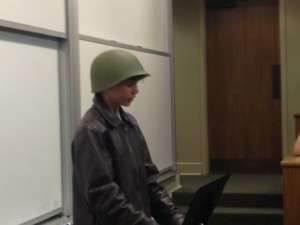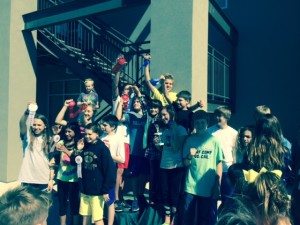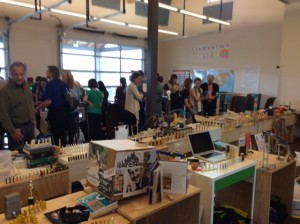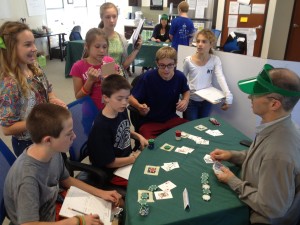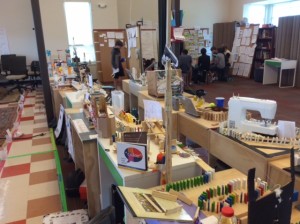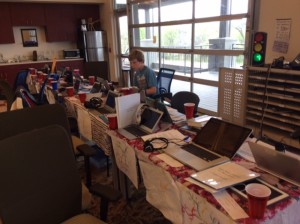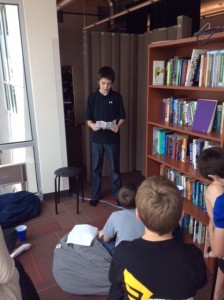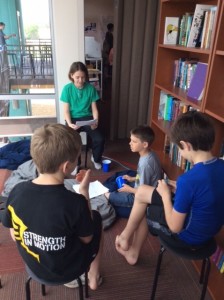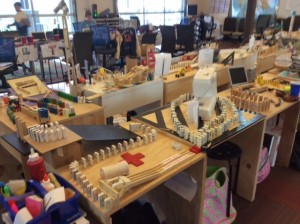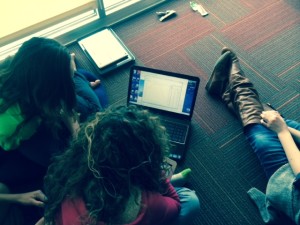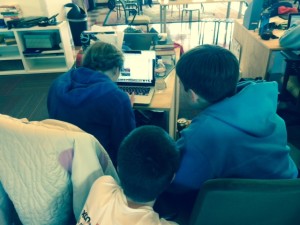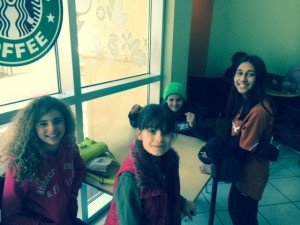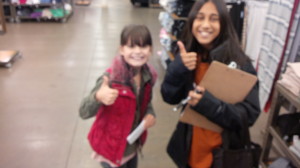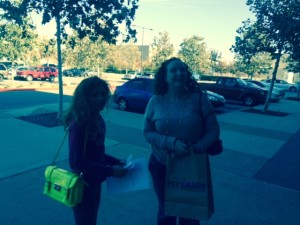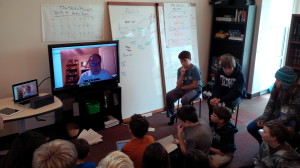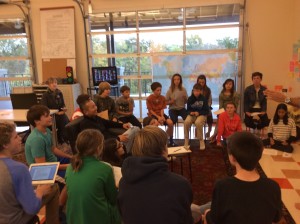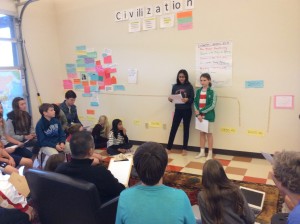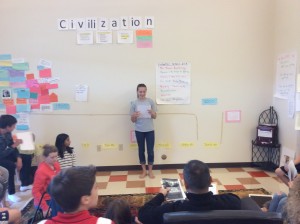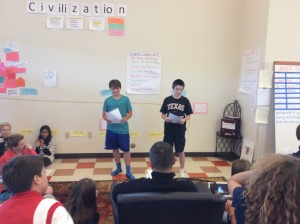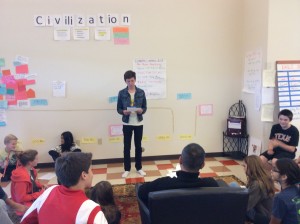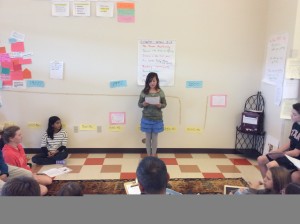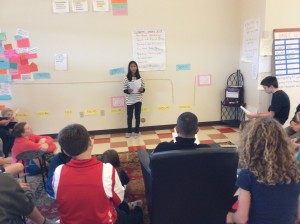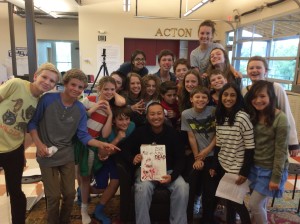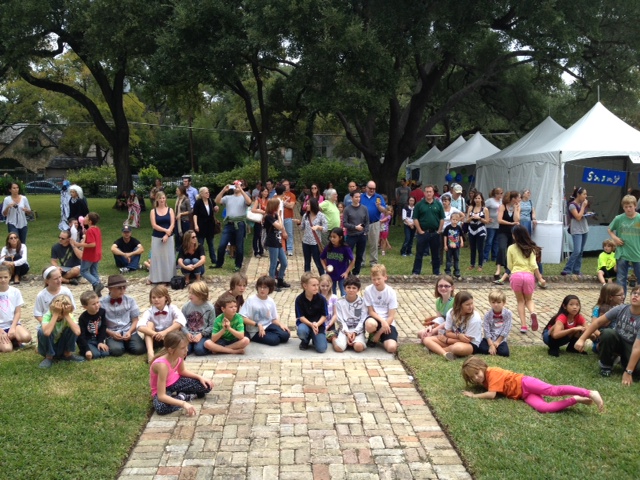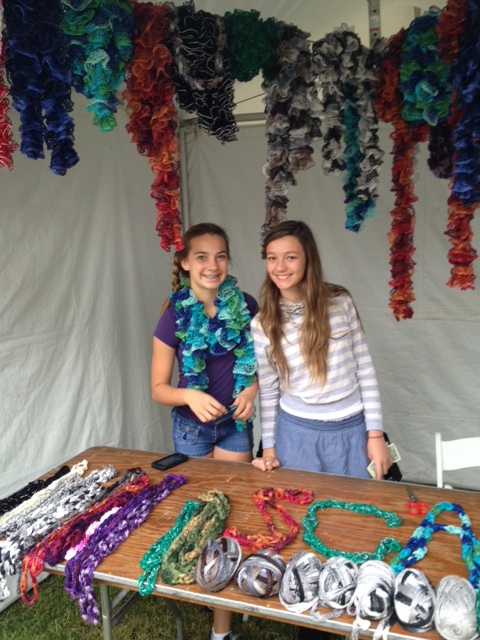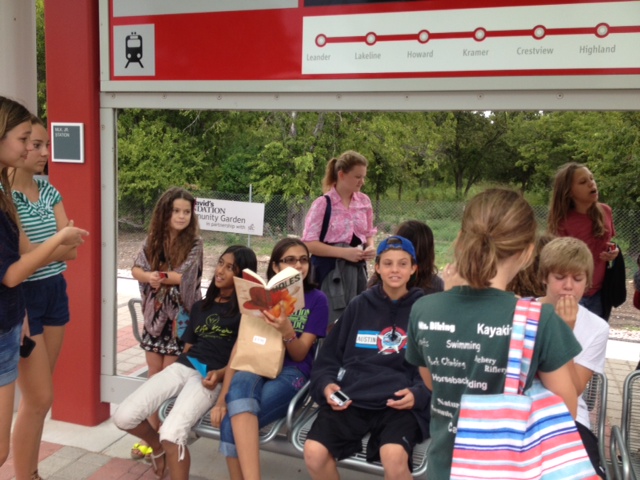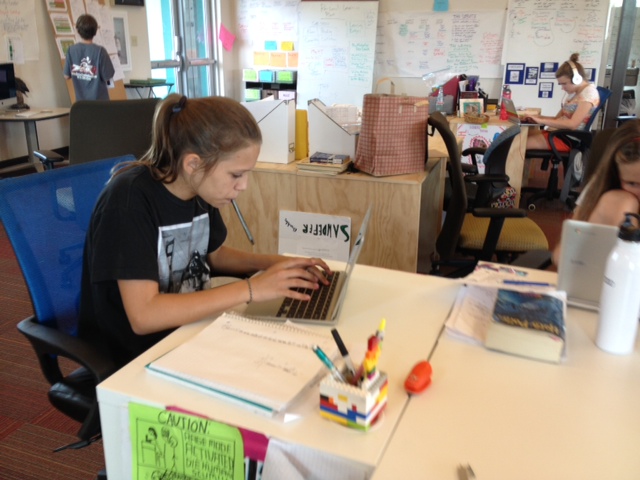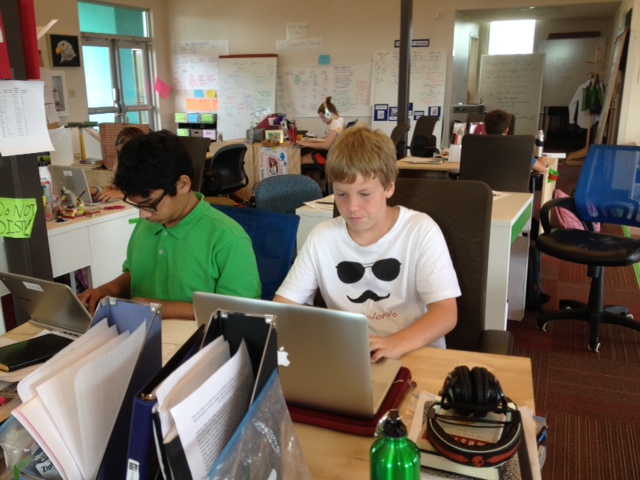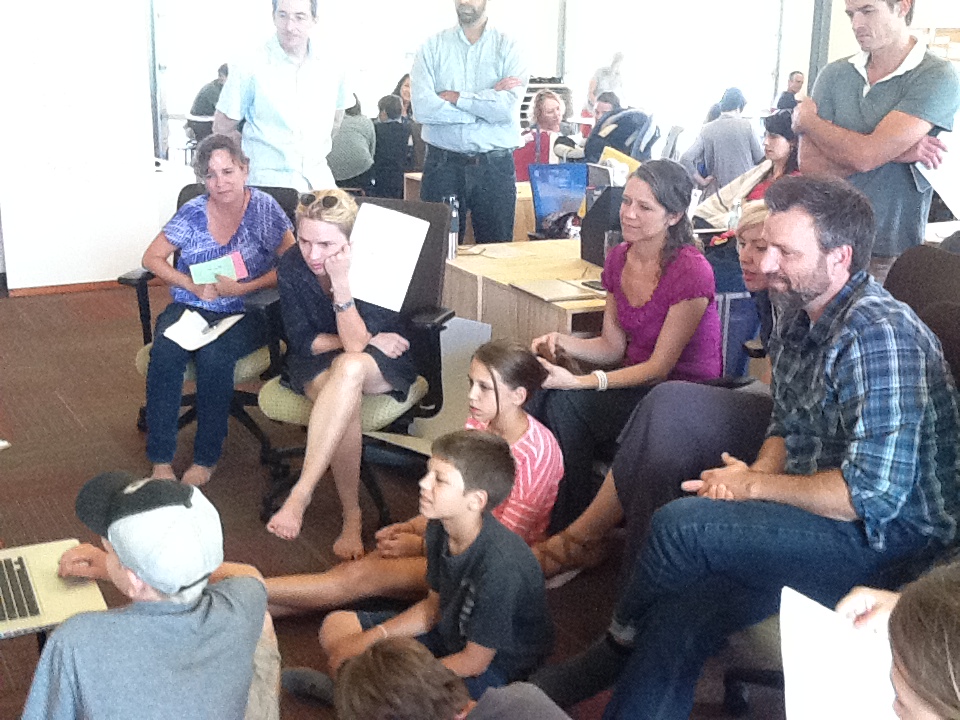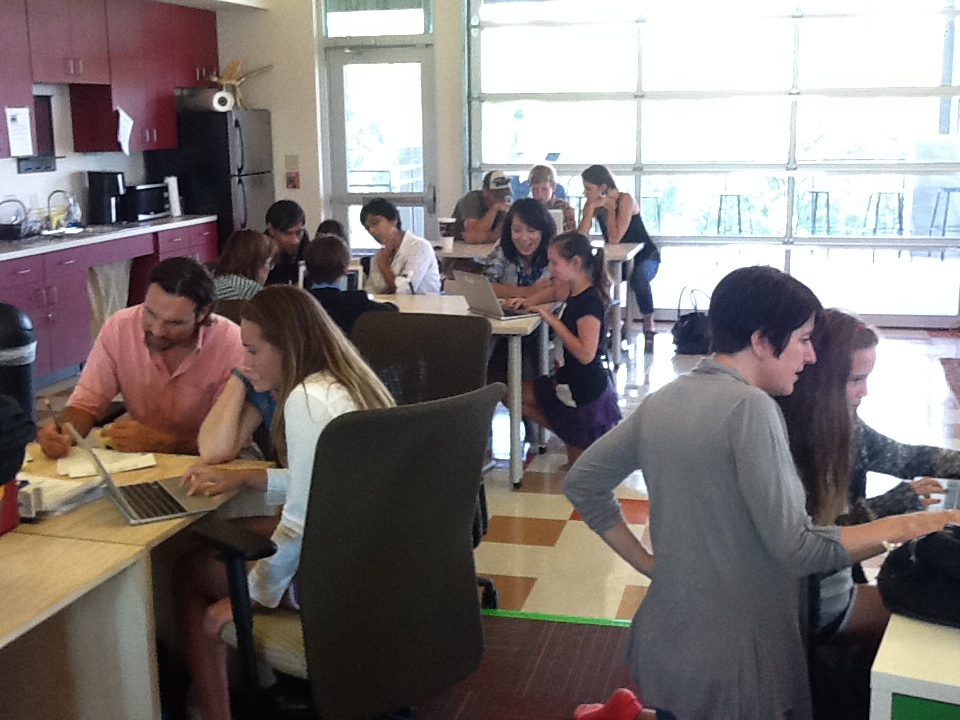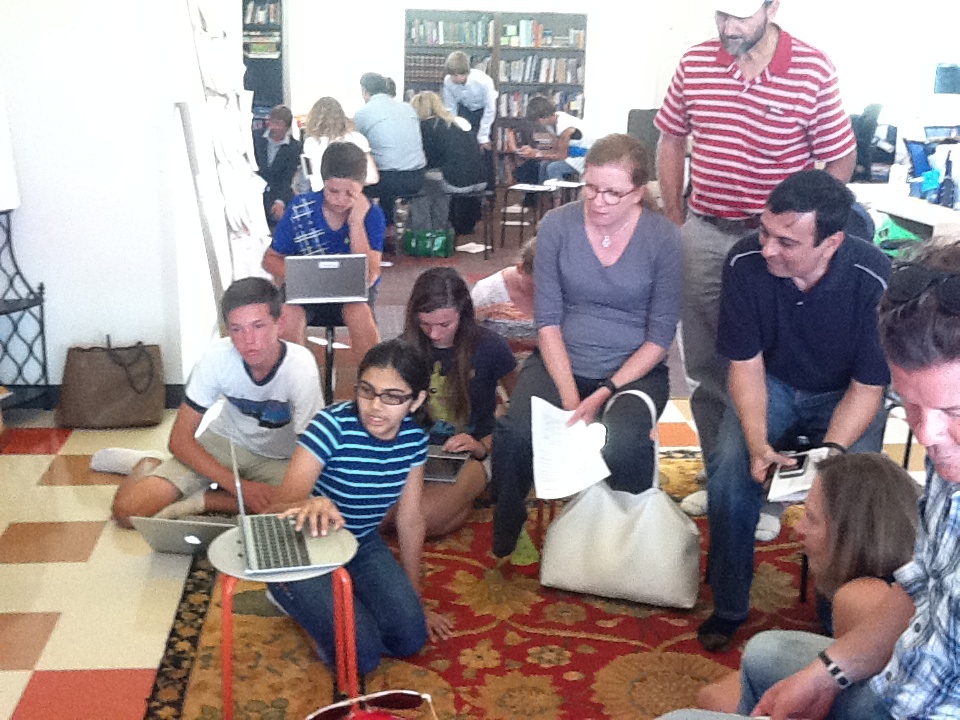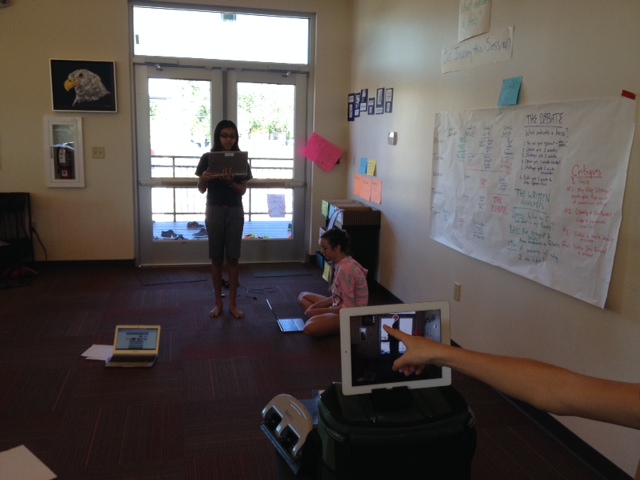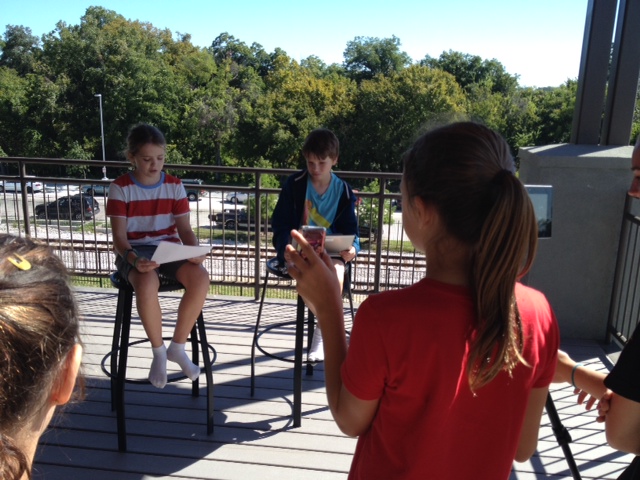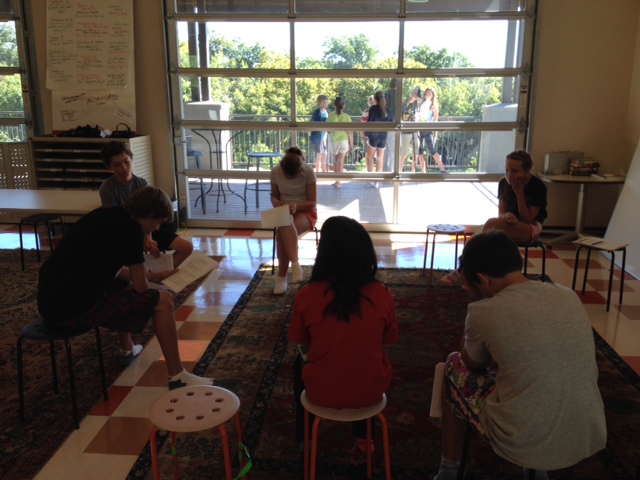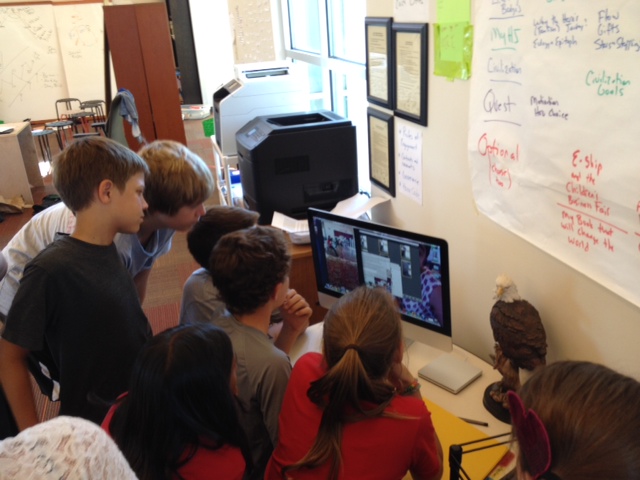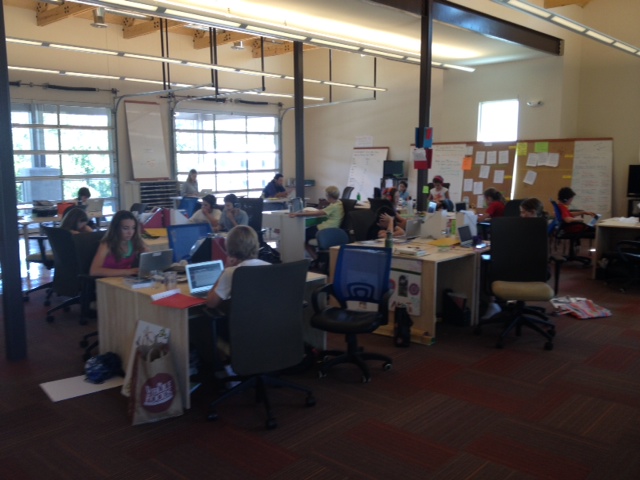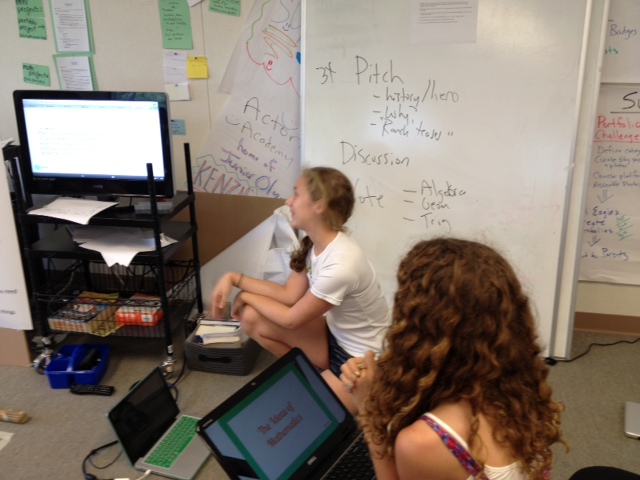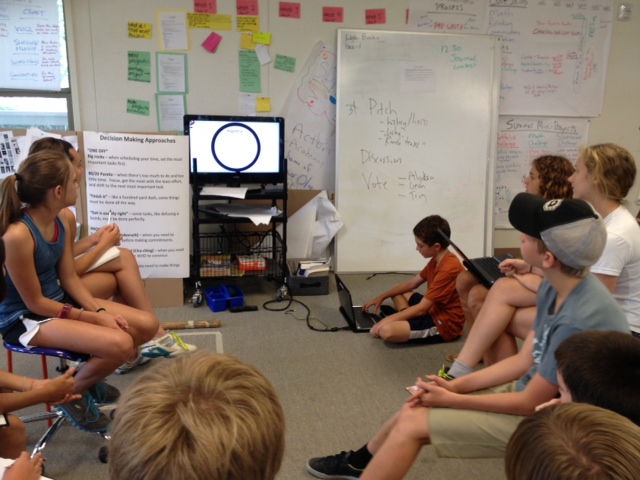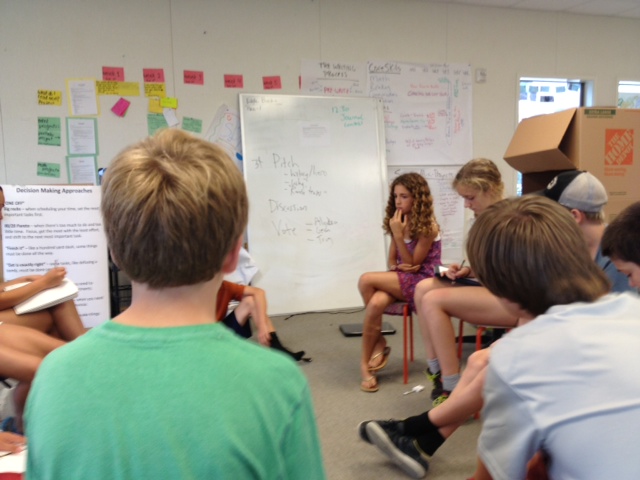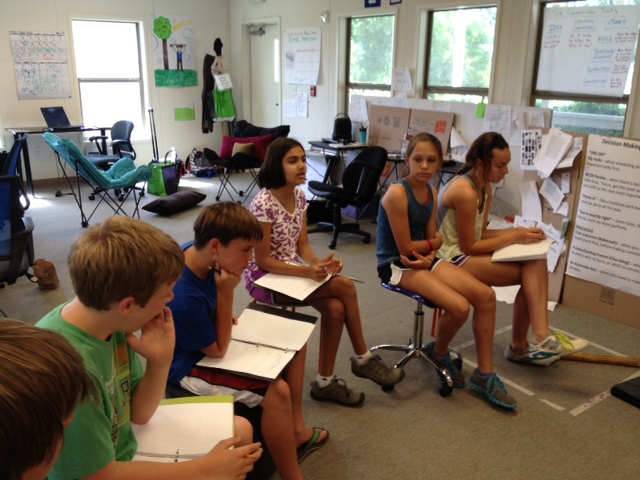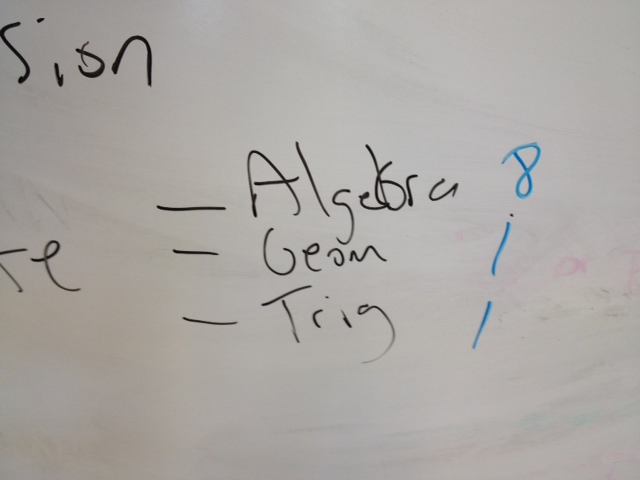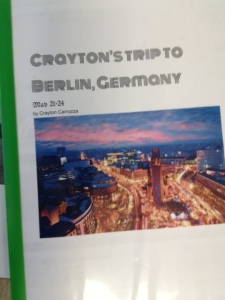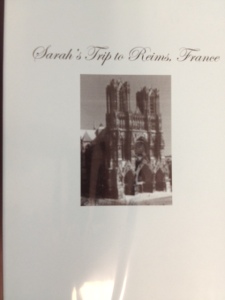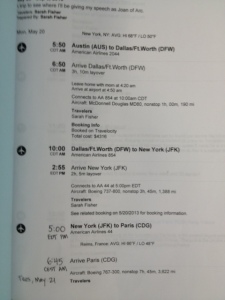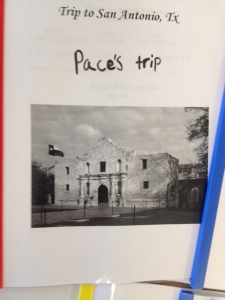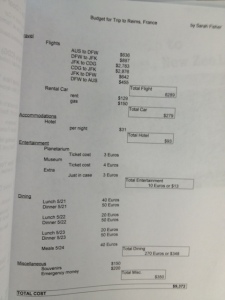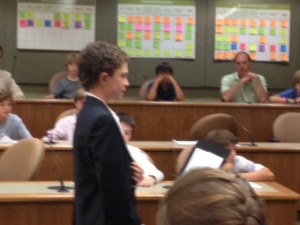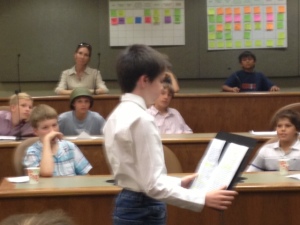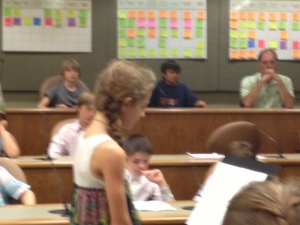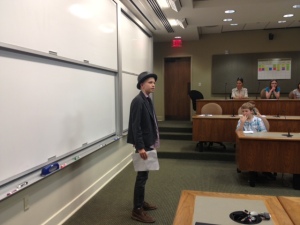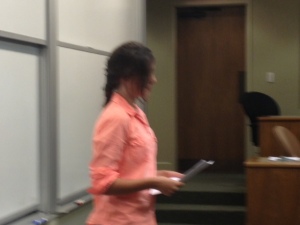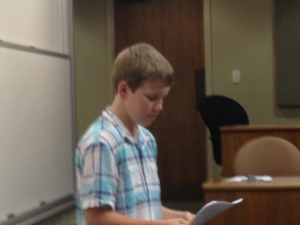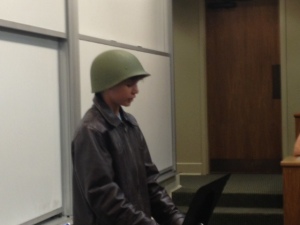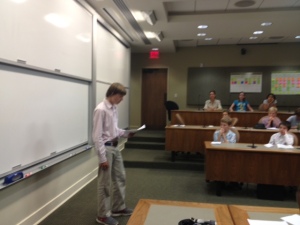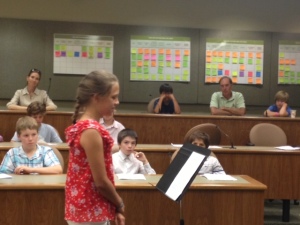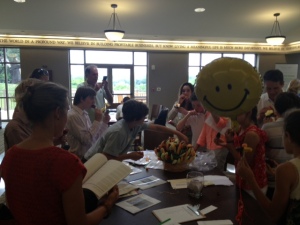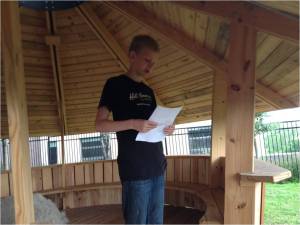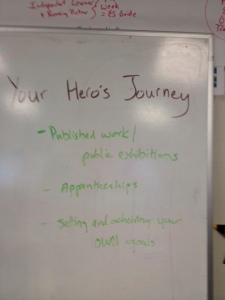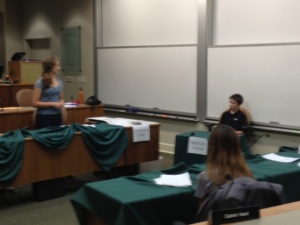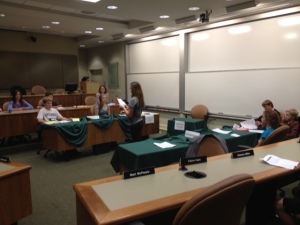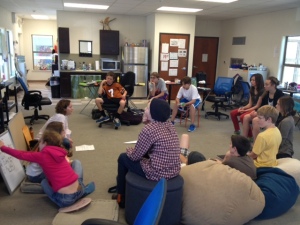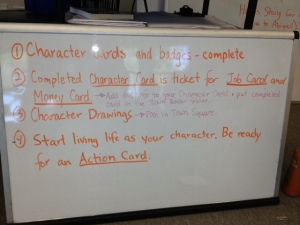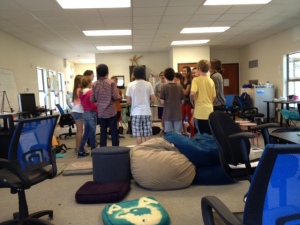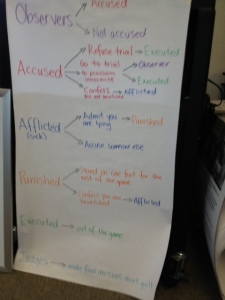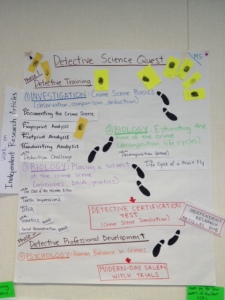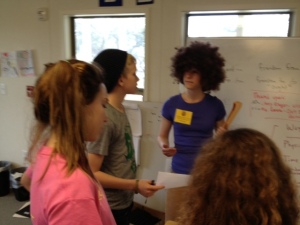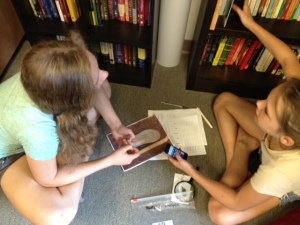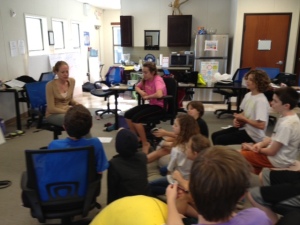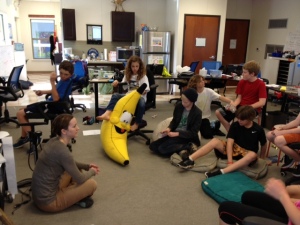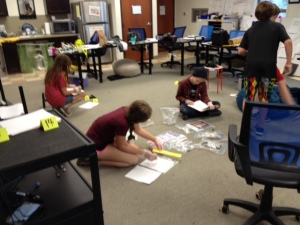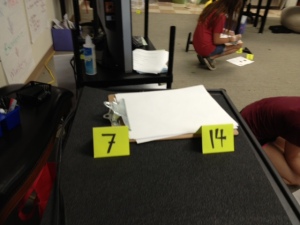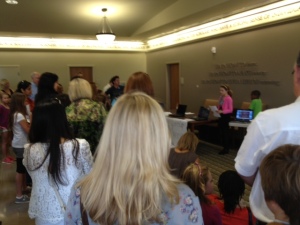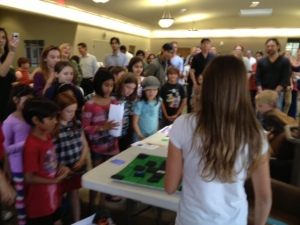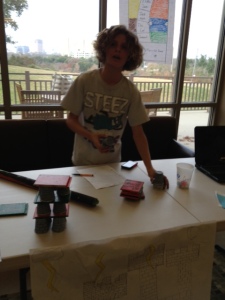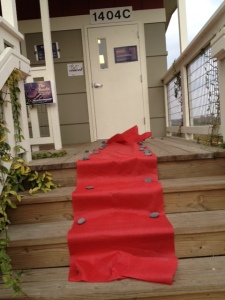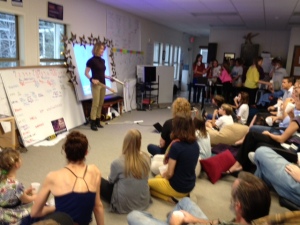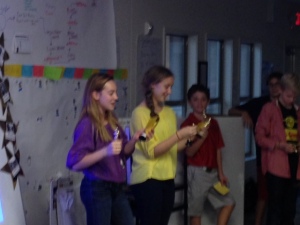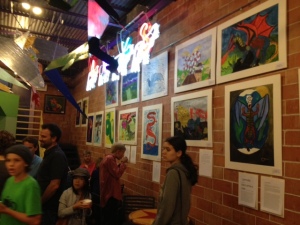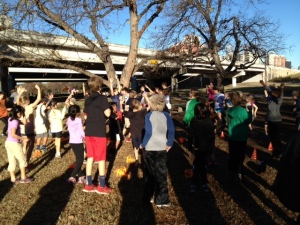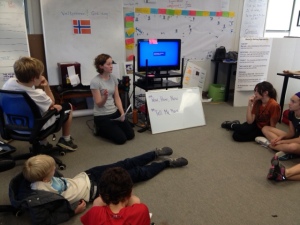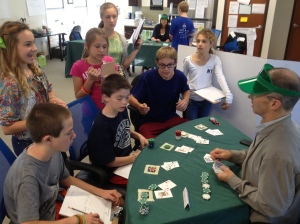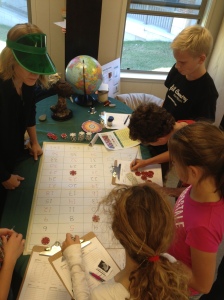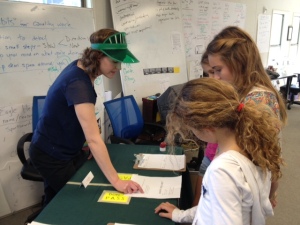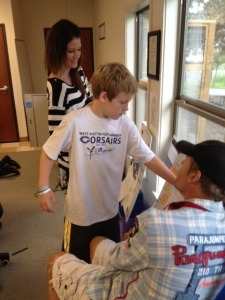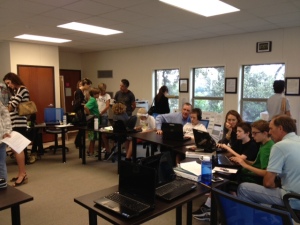Conventional wisdom suggests project based learning is the best way to teach STEM (Science, Technology, Engineering and Math.) Acton Academy takes this one step further, adding narrative and gamification to projects to create Quests.
Despite these high sounding goals, our recent Rocket Quest was a flop. The experiments, videos and equations seemed too structured – a series of old style science experiments disguised in Quest clothing. Our Eagles weren’t fooled and weren’t interested.
In our quest to make science more interesting, we’d made the journey too complicated. we’d forgotten that science is a curiosity powered, relentless pursuit of natural truths, no gimmicks required.
So we punted, “took the red pill” and posed two open ended challenges (the “red pill” is a Matrix allusion, for those of us old and lame enough to be Guides.)
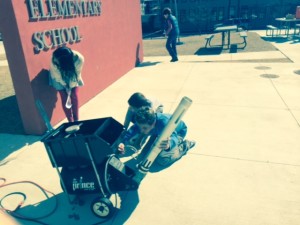
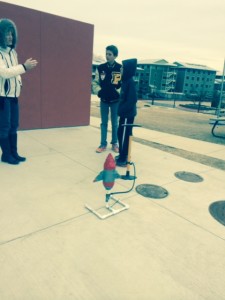
- Point the nozzle of a tennis ball machine straight up and fire. Then predict where the ball will land if the machine is positioned at 30 degrees, 45 degrees and 70 degrees from horizontal. No equations, videos or intermediate exercises offered. No trial and error allowed.
- Shoot a pressurized water rocket – a two liter plastic bottle – straight up. Then predict where the rocket will land if launched from 30 degrees, 45 degrees and 70 degrees. No trial and error allowed.
An added incentive is that the closer our Eagles predictions were to reality, the more Rocket Points they could can earn, which then could be used to buy larger Estes rockets for next week’s Rocket Olympics.
Most Eagles had to purchase rockets in advance, increasing pressure because they had to spend points before earning them; any deficit would have to be made up using Eagle Buckets, at an unfavorable exchange rate.
In attacking these problems, Eagles could:
- Use the equations of physics;
- Locate a projectile simulator on the internet or
- Pattern match parabolas.
The most dedicated teams could cross check answers from all three approaches.
Each Eagle group took a different path. Three groups made predictions for the tennis ball machine that were remarkably close to reality; the last two closed the gap after a misfire or two.
After success with the tennis ball machine, the water rocket experiment should have been a breeze. Simply apply the same equations and simulations a second time. Lesson learned: math is a “force multiplier” because it allows you to learn something once, and apply it again and again.
Here’s where the real world intervened. The water rocket predictions were 50% longer than the real world tests at 45 degrees. What had gone wrong? Guides were stumped.
The teams went back to their tracker programs, video tools that allow our young scientists to track the x-y position of a projectile at precise time intervals. They soon discovered that the rockets went up much faster than they came down, a discovery that made the simple projectile formulas useless.
Lots of conjecture followed: Was it that the two liter bottles lost mass as they rose? Did the rockets fall more slowly because they tumbled? Eagles drew from their experiences in mini experiments, began re-watching videos and checking the assumptions in formulas.
The room was humming with hypotheses being born. Formulas and simulators were tested with the new data. One team re-fired the rocket without water, to see if losing water mass really was the problem.
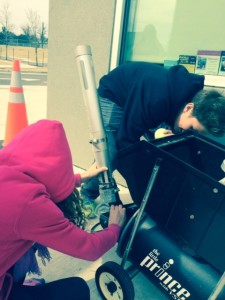
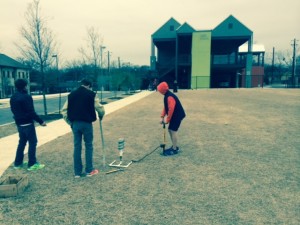
On an icy day when most schools had been dismissed for a snow day, our young scientists were out in the cold, firing rocket after rocket, trying desperately to squeeze in as many tests as possible.
This time the results fit with predictions! Eureka!
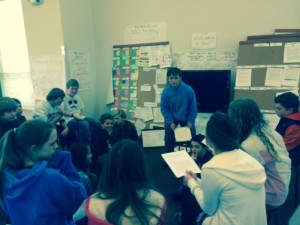
Our debrief centered on how good it felt for an experiment to succeed, and how dangerous this longing for validation was for real scientists. As one Eagle put it: “To be true to a scientific calling, you have to care more about truth than yourself.”
So real science is about never forgetting to “take the red pill.”
Quite a lesson indeed.
